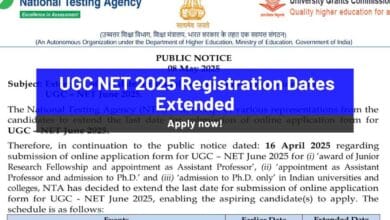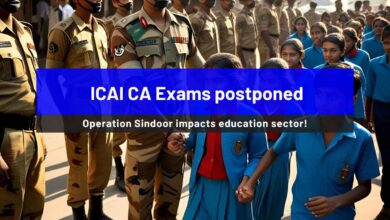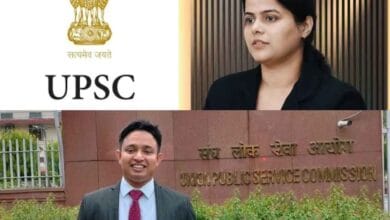Results for Assam Police SI (AB & UB) and Constable (AB & UB) recruitment 2022 declared
The results for the Assam Police SI (AB & UB) and Constable (AB & UB) recruitment 2022 are now declared. Candidates can read the article to check their results and more information.

The Assam State Level Police Recruitment Board & Assam Police Housing Corporation Limited has jointly released the results for Assam Police SI (AB & UB) and Constable (AB & UB) recruitment 2022 which was held in April 2022.
Table of Contents
Assam Police recruitment 2022 vacancies details
| Assam Police recruitment Posts | Vacancies |
|---|---|
| Assam Police Sub Inspector (UB) | 306 |
| Assam Police Sub Inspector (AB) | 320 |
| Assam Police Constable (UB) | 705 |
| Assam Police Constable (AB) | 1429 |
| Constable (AB) in Assam Commando Battalions | 2450 |
| Assam Police Assistant Deputy Controler | 10 |
| Assam Police Civil Defence Demonstrator/wireless operator | 42 |
Steps to check Assam Police recruitment 2022 results
Candidates can check the Assam Police recruitment results by visiting the official website https://slprbassam.in/ using their login details Application ID, Candidate’s Name and Date of Birth (DD/MM/YY) or candidates can click on the links given to check the results of the respective sections.
1. Assam Police recruitment Final results in connection with recruitment for 306 posts of Sub Inspector (UB) in Assam Police in pursuance to the advertisement issued vide No. SLPRB/REC/SI (UB)/2021/463/ 124 dated: 06-12-2021.
2. Assam Police recruitment Final results in connection with recruitment for 320 posts of Sub Inspector (AB) in Assam Police Commando Battalions in pursuance to the advertisement issued vide No. SLPRB/REC/SI (AB). CDO/471/2021/87 dated: 18-12-2021.
3. Assam Police recruitment Final results in connection with recruitment for 705 posts of Constable (UB) in Assam Police in pursuance to the advertisement issued vide No. SLPRB/REC/CONST (AB & UB)/2021 /462/181 dated:06-12-2021.
4. Assam Police recruitment Final results in connection with recruitment for 1429 posts of Constable (AB) in Assam Police in pursuance to the advertisement issued vide No. SLPRB/REC/CONST (AB & UB)/2021 /462/181 dated:06-12-2021.
Note for selected Assam Police recruitment 2022 candidates
The Assam Police Recruitment Board has also invited all the selected candidates to reach the Veterinary ground in Khanapara, Guwahati on the 23rd of September 2022 at 9 a.m accordingly to receive information on Assam Police appointments and orientation thereof.
Earlier the above Assam Police recruitment 2022 program was to be held on 22nd September 2022 but due to some administrative reasons, the program will be now held on 23rd September 2022.
For more educational news and updates, click here.






